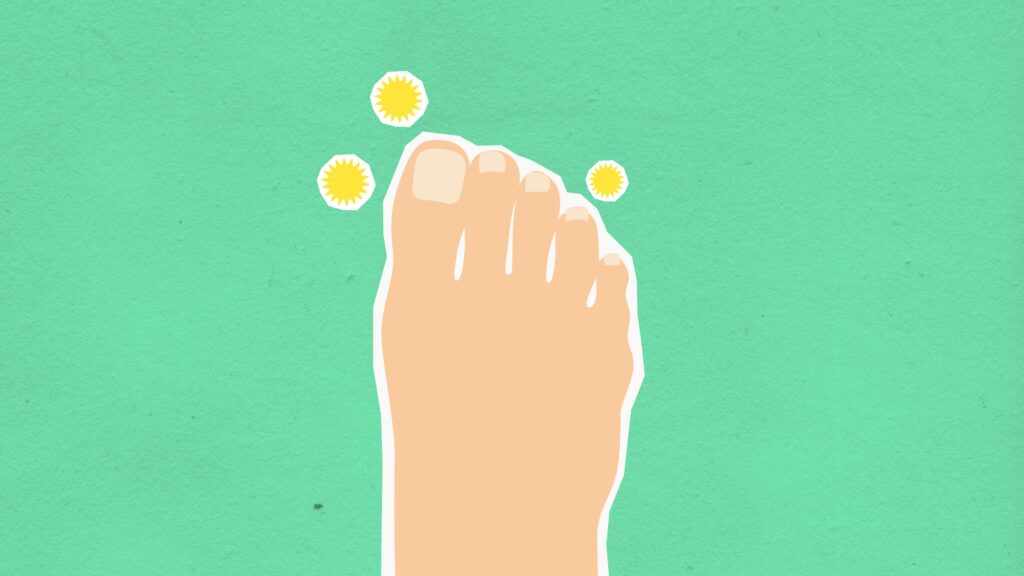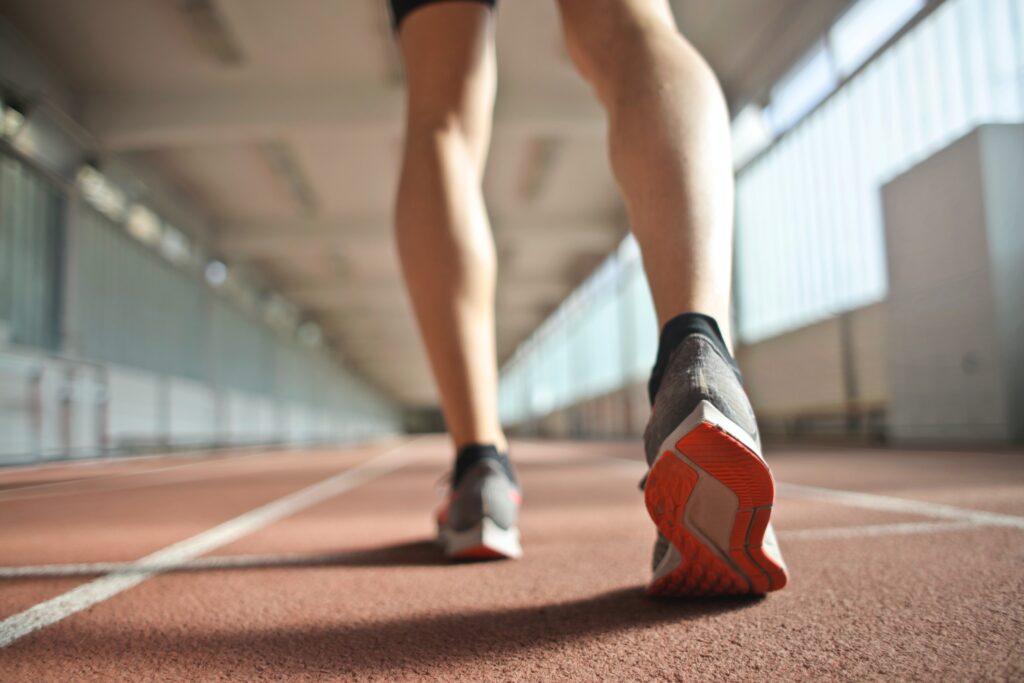

Athlete’s foot, medically known as tinea pedis, is a common fungal infection that affects the skin of the feet. As the name suggests, it often begins between the toes and can occur in individuals who wear tight-fitting shoes for extended periods, similar to athletes.
While an athlete’s foot can affect one or both feet, it is usually not a serious condition. However, it may be challenging to treat in some cases. Identifying the symptoms early can help manage the condition effectively.
Symptoms of Athlete’s Foot
If you’re wondering whether you have athlete’s foot, here are some common signs to look out for:
- Itchy blisters on the feet.
- A burning or stinging sensation between the toes.
- Discolored, thickened, and crumbly toenails.
- Scaly, peeling, or cracked skin, especially between the toes.
- Persistent itchiness, particularly after removing shoes and socks.
- Dry, scaly patches on the bottom of the foot that may extend to the sides.
Causes and Risk Factors
Anyone can develop athlete’s foot, but certain habits and conditions increase the risk. These include:
- Wearing tight-fitting shoes.
- Having sweaty feet.
- Keeping feet wet for prolonged periods.
- Minor skin or nail injuries on the foot.
- Sharing socks, shoes, or towels with others.
- Walking barefoot in public spaces such as locker rooms, showers, or swimming pools.
How to Prevent Athlete’s Foot
Preventing athlete’s foot involves good foot hygiene and mindful habits. Here are some tips:
- Keep feet dry: Dry your feet thoroughly after bathing, especially between the toes.
- Choose breathable footwear: Wear shoes made from materials that allow air circulation.
- Change socks regularly: Opt for clean, dry socks daily, especially if your feet sweat a lot.
- Avoid sharing personal items: Never share towels, shoes, or socks with others.
- Use sandals in public places: Wear flip-flops or sandals in locker rooms, showers, and around swimming pools.
When to See a Doctor
In most cases, at-home remedies and preventive measures are effective. However, individuals with diabetes, a weakened immune system, or severe symptoms should consult a doctor immediately.
Seek medical attention if the condition persists despite treatment or worsens over time.
Final Thoughts
Maintaining foot hygiene, wearing proper footwear, and avoiding high-risk habits are essential to prevent athlete’s foot. If you suspect you have this condition, don’t hesitate to reach out to a healthcare professional for proper guidance.
For further queries or medical advice, contact All Cure Hospital:
📞 022 2839 3738
🏥 Visit us at: Jogeshwari Station Road, Jogeshwari East, above ICICI BANK ATM, Mumbai, Maharashtra 400060.
